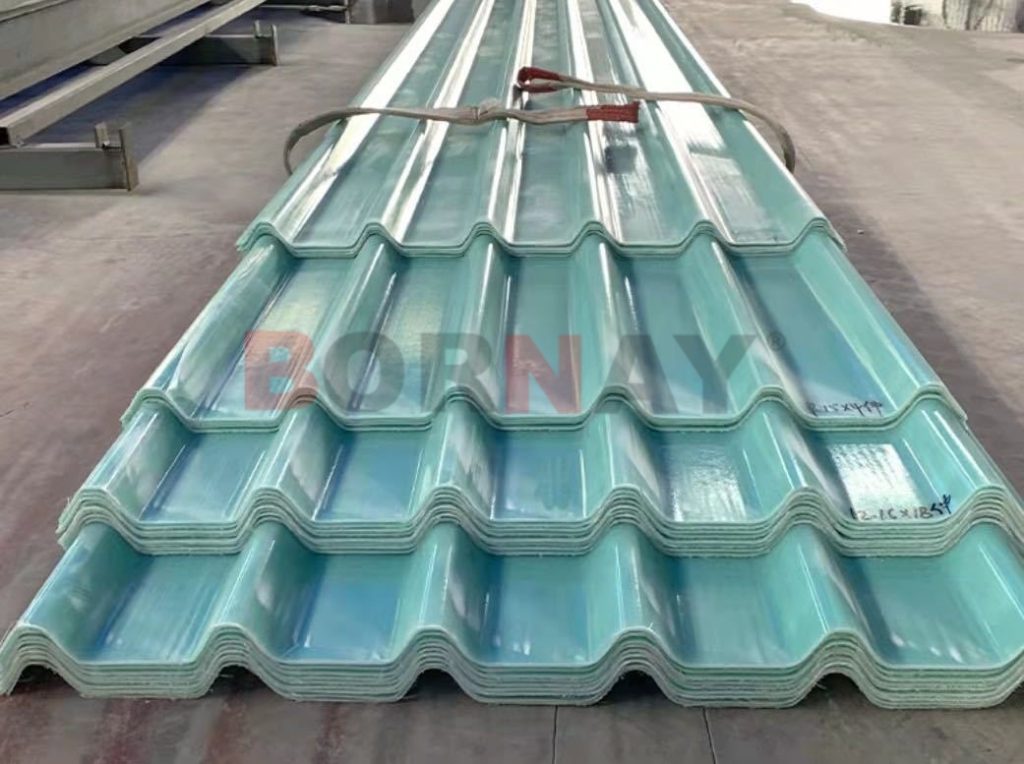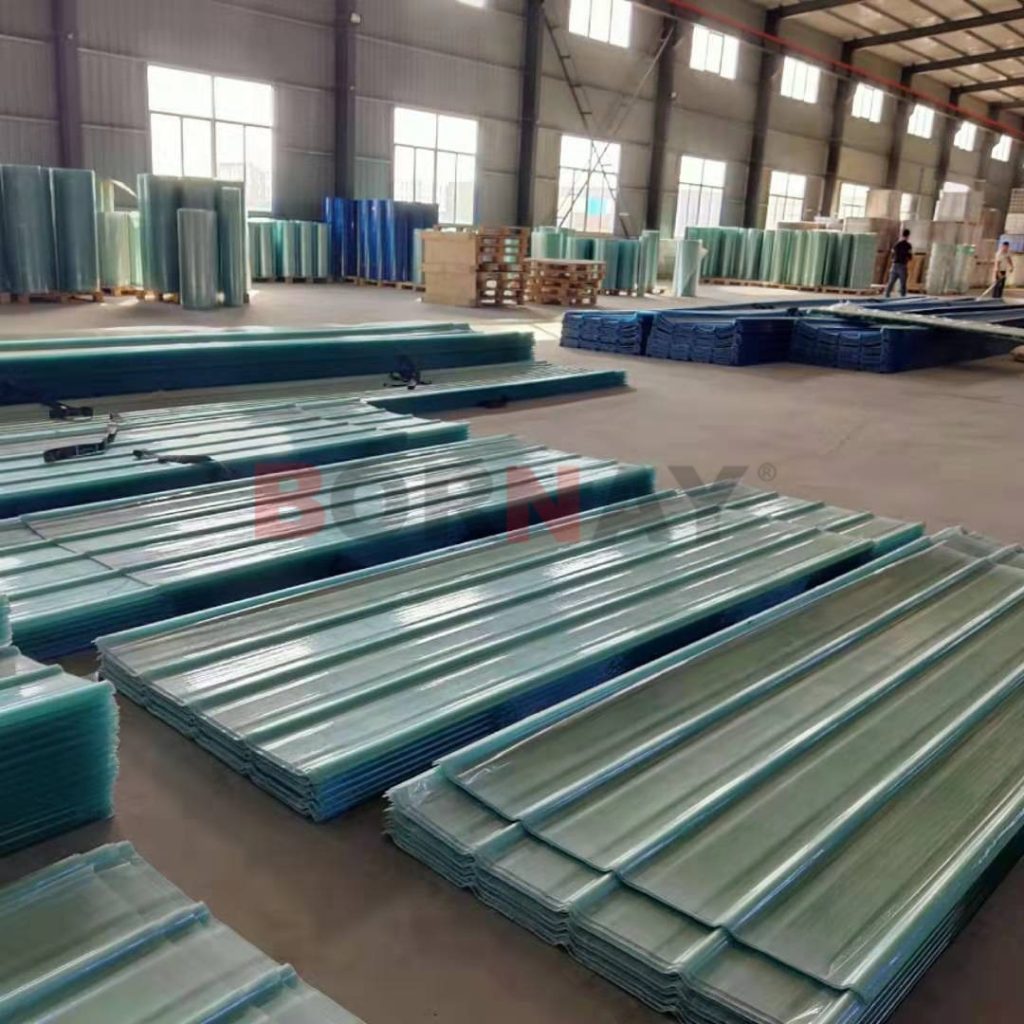Introduction: When it comes to constructing or renovating a building, choosing the right roofing material is crucial, especially when considering harsh weather conditions. Fiberglass Reinforced Plastic (FRP) roof panels have emerged as a resilient and durable option for withstanding extreme weather conditions. In this article, we will explore the advantages of FRP roof panels and why they are an excellent choice for combating adverse weather conditions.


Conclusion: When it comes to selecting a roofing material that can withstand harsh weather conditions, FRP roof panels offer a range of benefits. Their strength, weather resistance, thermal insulation, lightweight nature, and low maintenance requirements make them an excellent choice for any building. By choosing FRP roof panels, you can ensure the long-term durability, protection, and resilience of your structure against even the most challenging weather conditions.

